Afropolitan Vibes: Danfo Drivers, Shina Peters roll back the years
If months were people, December would be the most Afropolitan of them all. On the night of the final edition of Afropolitan Vibes for the year, Muri Okunola Park, like many other concert locations in Lagos, was filled with old faces and returnees hugging, cheek kissing and catching up on the year.
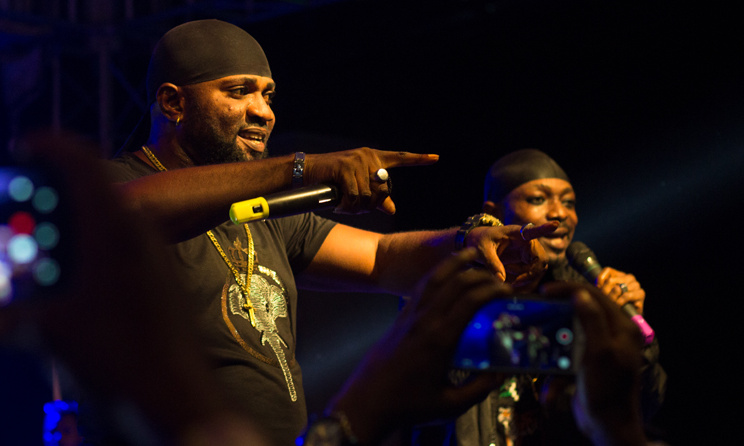 Danfo Drivers performing at Afropolitan Vibes.
Danfo Drivers performing at Afropolitan Vibes.
Teni Entertainer was the first on stage to continue the tradition of fun live music before an eager audience. She opened with a tribute to her dad before performing a freestyle that showed off her Fuji chops by sampling K1 the Ultimate’s ‘Omo Naija’. She then sang ‘Fargin’ to the delight of the crowd, smiling as she moved on stage.
Thereafter, BANTU band was joined by the spoken word poet Wana Wana for the first stage performance of ‘Oni Temi’ from their album Agberos International.
Next on stage was Jamaican-German hip hop and reggae artist D’Flame. His performance was energetic in a communicable way that was quickly caught by the audience. A particular section of the crowd replaced his hooks with local words as they danced wildly. Even if their mouth didn’t know the words, their bodies knew the beat. For dancehall, as the night revealed, is as Nigerian as jollof and suya.
“No jam session,” Ade Bantu said. “Everything is rehearsed so you guys are happy.” But as guest artists were delayed by a traffic jam that plagued Lagos, BANTU band threw down a ‘freestyling’ sequence that had the improvised delight of a jam session, but executed with the panache of a rehearsed set. And they did make the crowd happy. Songs performed included works of artists old and new: from Small Doctor to Adewale Ayuba to Lagbaja. Cue Ayefele’s “1 2 3 Alayo mi Ni” and the crowd was in full party mood.
Ajebutter22 entered stage with his hook to Show Dem Camp’s ‘Independent Women’. His voice was a little too low to project his words to the crowd as he sang the relatively unknown ‘Wayward’ from his album What Happens in Lagos. But he was joined on his more popular songs ‘Ghana Bounce’, ‘Bad Gang’ and ‘Omo Pastor’.
The prevailing traffic situation caused even more delays, and DJ Java was brought on stage to keep the crowd entertained. Many got anxious, and the situation wasn’t helped by the sound system tripping off intermittently as the DJ performed. That was until Ade Bantu announced that ‘Danfo Driver’ duo Mad Melon and Mountain Black were already backstage.
Long before Reminisce and Olamide brought mainstream recognition to the ‘streets’, Nigerian music scene was filled with artists from Ajegunle—the ghetto. The ‘Danfo Drivers’ were one of these acts, and the strength of their one-time stardom was confirmed in the voices of an audience that screamed ‘Iye me!’ as they performed. Song after song, the crowd matched the artists’ voices and danced along. Outside some cities in the South South region, dancehall is no longer part of conversations about Nigerian music, but the reception Danfo Drivers received could have tricked you into thinking one of Nigeria’s authentic street genres is due for a renaissance.
The night was capped off by the well-loved Sir Shina Peters. The Afro-juju star began his night with words from his song "Give our woman a Chance", which could be interpreted as feminist, and rightly so. But any thoughts about the progressiveness of his politics were quickly banished when he asked his three dancers to twerk and invited the crowd to rate them based on the figure 8. It was a disturbing moment in an otherwise excellent set, not for the twerking dancers, but the chattel-like invitation to rate their bodies. In a cultural moment when there’s increased focus on the abuse and objectification women face in public spaces, including concerts, Sir Shina Peters’s actions appeared especially crass.
“I appreciate their guts, but they need work better,” he said of contemporary artists, before starting a restoration of his own legend. A pop quiz to the crowd: “Who is the first artist to rap in Yoruba.” The answer: obviously, Sir Shina Peters. The man who brought shinamania was indeed ahead of his time. His style incorporated elements of hip hop and makossa and blended them into the drums and dances of juju to create Afro-juju, a proto-contemporary-Nigerian-pop.
Sir Shina Peters tried to extend his time on stage, but eventually had to leave. Thanks to Afropolitan Vibes, however, he and Danfo Drivers who are post-stardom will remember they have fans that hold their work dear still.







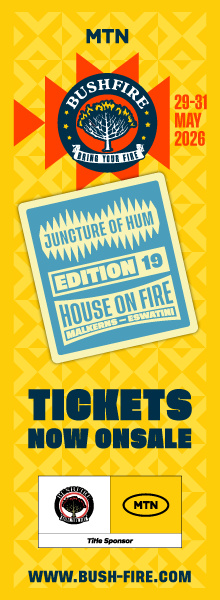












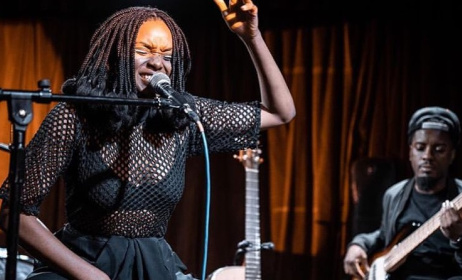

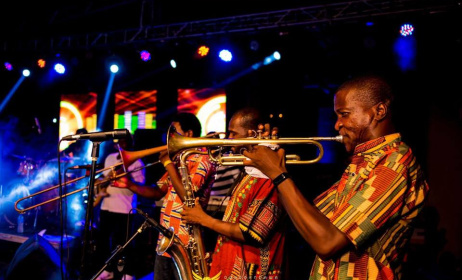


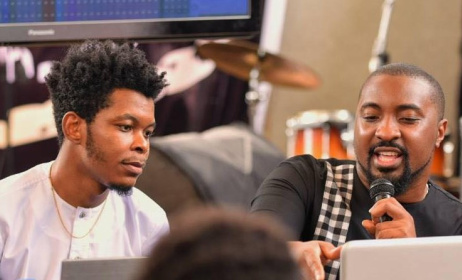


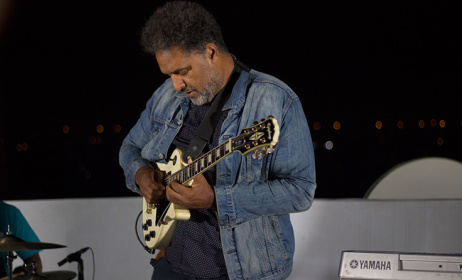
Comments
Log in or register to post comments